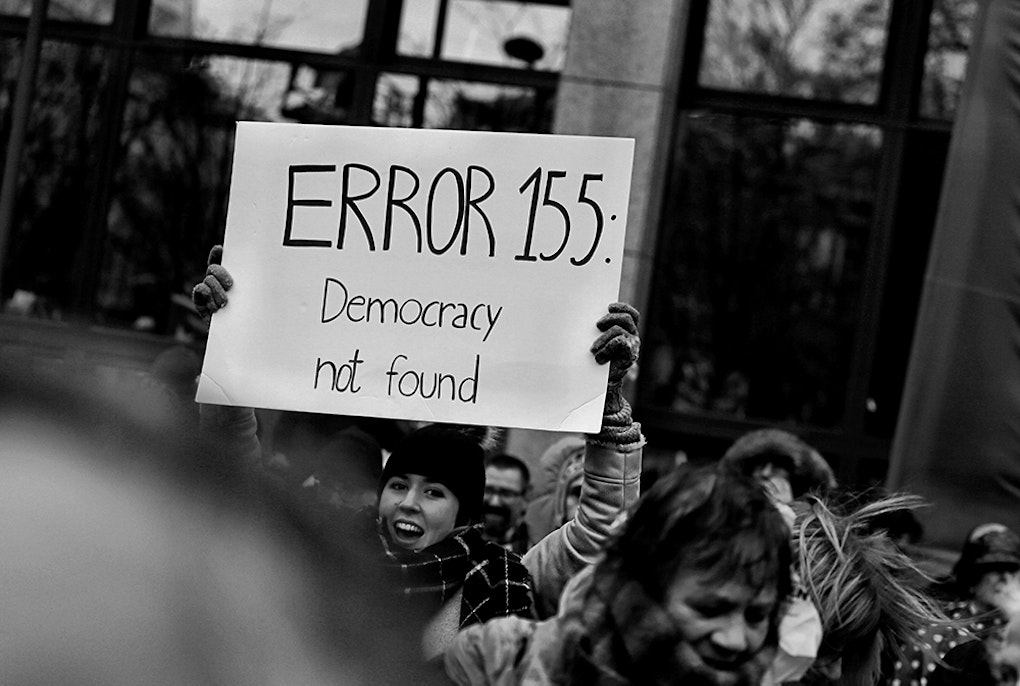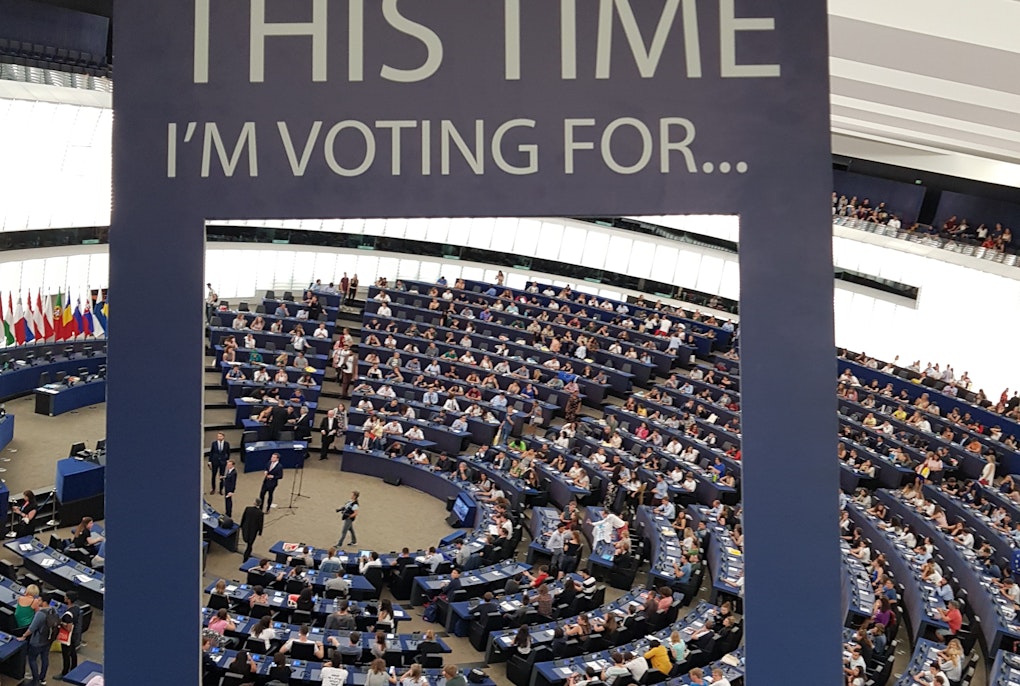
On the relationship between decentralized governance and pluralism

In 2019, I spent a month at the Institute for Comparative Federalism at Eurac Research as Federal Scholar in Residence. I have also been involved in the EU H2020 RISE project on Local Government and the Changing Urban-Rural Interplay, LoGov, inputting on the Malaysian local government system. Since then, I have been involved in two other ‘federalism’ projects connected to the Institute. This connection has been extremely valuable, as I was able to consult the vast resources of the Institute’s library as well as present my ideas and get expert feedback. No institute has the concentration of expertise that the Eurac Research Institute for Comparative Federalism has.
My overall project, now some years development, is to write a book on decentralized governance in Southeast Asia. The library was not able to assist with literature on this precise subject, as there is in any case precious little, but was massively helpful, as were my discussions with colleagues, with regard to general ideas and theory on federalism and decentralization. I was able to complete one paper on local government in Asia for the Scholar in Residence competition, and since then have been able to complete my part of the LoGov project, a large 16,000-word paper. This ongoing work builds also on a book which I edited with Mark Sidel, published by Hart Publishing in 2015, Central-Local Relations in Asian Constitutional Systems. My book will examine four countries – Malaysia, Thailand, Indonesia and Philippines. I had originally planned to cover Myanmar, but the coup of February 2021 has prevented further meaningful work on that country. My central theme is decentralization (or at least the conditions for decentralized governance) in a region of great ethnic, religious and linguistic pluralism. My interest is primarily in the relationship between decentralized governance and pluralism – a topic very much at the heart of research at the Institute, which has examined federal and devolution-based solutions in Europe and elsewhere. Southeast Asia has a number of striking cases of regional autonomy designed to deal with ethnic or religious pluralism: Sabah and Sarawak in Malaysia; Aceh and Papua in Indonesia; and Bangsamoro in Philippines. I have been inspired by Francesco Palermo and Karl Kössler’s book Comparative Federalism (2017) as well as Ran Hirschl’s City, State: Constitutionalism and the Megacity (2020). Hirschl puts forward highly cogent arguments for taking the city seriously as a constitutional topic. However, I differ from Hirschl in arguing that these arguments lead ultimately not simply to empowering the city in constitutional systems, but to empowering localities in general. Cities, although mistreated or just untreated in constitutional law, have many compensating advantages. They are close to the centres of power both nationally and internationally, they are economically dynamic and culturally advanced, and politically sophisticated. My fear is that by taking Hirschl’s argument to its ostensible conclusion we will privilege cities at the expense of other localities whose neglect is even more problematical than the neglect of cities. I hope that by using Southeast Asia as a laboratory for examining decentralized governance we can learn a good deal about the conditions for successful decentralization, as well as understanding the nature of the need for this form of government.
One of several relevant issues for examination is decentralized governance as a constitutional topic. How far does it matter whether decentralized governance or even the process of decentralization is mandated by the constitution, or is just seen as a topic for legislation? I find that the success and the entrenchment of decentralized governance is dependent on how the constitution deals with the matter. Moreover, decentralized governance needs to be democratically organized. A system cannot be truly democratic if voters only get to choose a national government once every four or five years. Therefore, attention needs to be given to subnational constitutionalism and to central-local relations. Local governance offers opportunities for experimentation with new forms of governance. Hirschl argues that the constitutional south has more to offer than old-style constitutionalism when it comes to cities. I argue that the same is true of localism more generally. For example, much thought has gone into a bill before Thailand’s parliament relating to municipal government in Chiang Mai, Thailand’s second city. This law makes extensive provision for local democracy and accountability, including citizen assemblies and a democracy-all-the way-down system ensuring participation of district sub-units. As we can see with the megacity, the question is not simply how can decentralized powers be guaranteed against erosion by the national government, but how those powers themselves can be articulated to make decentralization a benefit at the most local levels. It is not the purpose of decentralization, after all, to facilitate local baronies, but rather a deeper democracy.
Another issue is corruption, where it is argued that decentralization creates more opportunities for corruption, which is in turn harder to control from the centre. But is the answer to corruption more centralization of power, or more local accountability to the electorate?
In Southeast Asia, every country has experimented with decentralized governance in some form (even Singapore has town councils). Yet, the general result has been a certain degree of recentralization. I argue, however, that what is needed is more, not less, decentralization, but under the right conditions.

Citation
This content is licensed under a Creative Commons Attribution 4.0 International license except for third-party materials or where otherwise noted.



